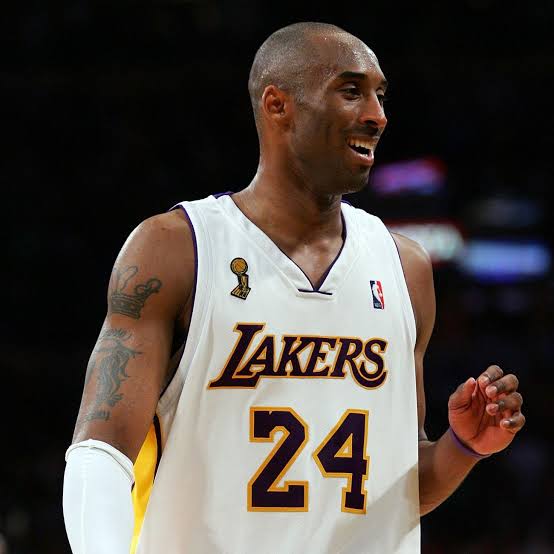Kobe Bryant rarely shared his interests beyond the game of basketball. His post-NBA career was ‘remarkable’ and unexpected
Retirement is a daunting prospect for every professional athlete. It’s even more panic-inducing if you’ve devoted 20-plus years of your life to little else but perfecting your craft, ruthlessly pursuing titles and accolades.
That seemed to be the case for Kobe Bryant in the final years of his trophy-laden NBA career, his body ravaged by a series of injuries. For a player who, by his own admission, had given full-blooded, heart-and-soul commitment to the game of basketball, a future beyond the hardwood seemed unthinkable but inevitable.
“For a lot of writers at the time, Kobe was the one individual athlete that we worried about the most, about what was going to happen to his career after basketball was over,” sports journalist Scoop Jackson tells CNN Sport. “He had made this game his entire life, and he was very open about that: nothing else means more to me than this.”
But five years on from his untimely death at the age of 41, Bryant’s post-basketball career seems almost as remarkable as everything he achieved during his 20 seasons with the Los Angeles Lakers – five championship rings, 18 All-Star appearances, the 2007-08 Most Valuable Player (MVP) award and two Finals MVP awards.
Impossible to foresee was what Bryant did next, building a successful multimedia company and winning an Oscar for his animated short film, “Dear Basketball,” in 2018. The career change was stark.
“He reversed the villain,” former NBA star Tracy McGrady says in the third installment of CNN Original Films and Series’ “Kobe: The Making of a Legend” documentary. “To reinvent himself the way he did is one of the most remarkable stories in sports history.”
For someone like McGrady, who shared a close friendship with Bryant, it was almost as if post-basketball Kobe had morphed into an entirely new person.
“We watched how he transformed once he stopped playing basketball and how much more personable he was; how he smiled more, the lightness he carried with him and how he lived his life,” McGrady adds. “Other things outside of basketball came into his life.”
It was through “Dear Basketball” – a poetic tribute to the game first published in The Players’ Tribune – that Bryant announced he would be retiring in 2016. His final act in the NBA was a fitting tribute to an extraordinary career, scoring a remarkable 60 points in the Lakers’ 101-96 win over the Utah Jazz.
In the fourth quarter alone, Bryant outscored the Jazz 23-21.
“It was his middle finger to everybody,” says Jackson, adding: “To me, that last game was one of the greatest statements that an individual athlete had the ability to make.”
At that point, it was hard to believe that Bryant had been a hampered by injuries – a torn Achilles tendon in April 2013 and torn rotator cuff in January 2015 – for several years. Still, the limited game-time in the seasons preceding his retirement had offered him the chance to plot his next move, even though he offered little insight into what his life as a storyteller might entail.
“I really do think he started (preparing for life after basketball) before he ended, and we just didn’t know that,” says Jackson. “He kept that quiet, he kept that low, he kept that for the people that he knew … He very rarely shared any other interests outside of still learning about this game and still chasing this game.”
